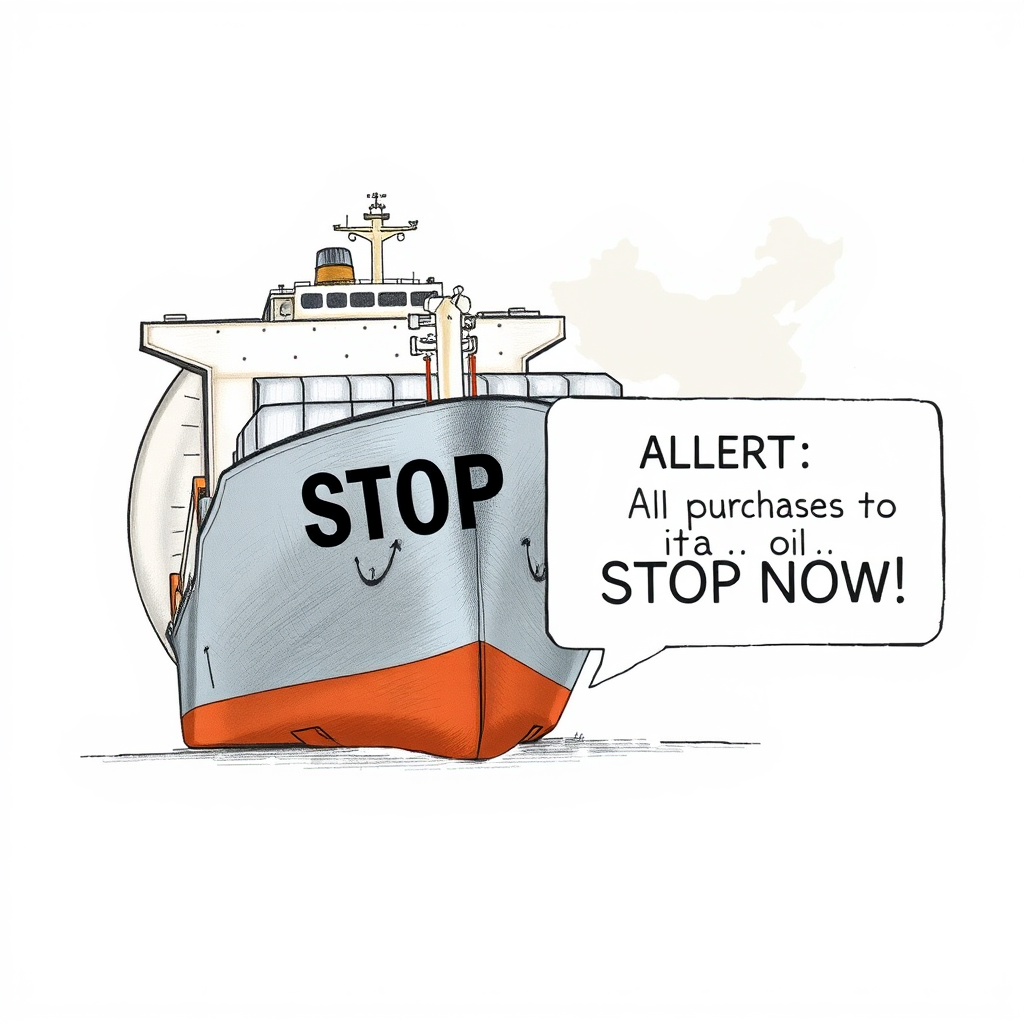Trump's Iran Threat: Massive Global Impact Looms

Former President Donald Trump’s recent post on his social media platform, Truth Social, is drawing attention for its potentially far-reaching economic and geopolitical consequences, even as Washington focuses on personnel shifts within the Republican party. While discussions centered on comments from Representatives Mike Waltz and Marco Rubio, Trump issued a stark warning regarding Iranian oil and petrochemical purchases.
The post read, in all caps, “ALERT: All purchases of Iranian Oil, or Petrochemical products, must stop, NOW! Any Country or person who buys ANY AMOUNT of OIL or PETROCHEMICALS from Iran will be subject to, immediately, Secondary Sanctions. They will not be allowed to do business with the United States of America in any way, shape, or form.” The message was signed, “Thank you for your attention to this matter, PRESIDENT DONALD J. TRUMP.”
NBC News reporter Garrett Haake immediately highlighted the significance of the post, stating it “could have a huge economic and geopolitical impact.” This assessment underscores a critical point often lost in the noise of political debate: seemingly impulsive social media declarations can rapidly translate into substantial real-world consequences.
The potential ramifications are particularly acute given China’s heavy reliance on Iranian oil, importing roughly 90% of its exports. Political influencer Brian Krassenstein questioned whether Trump’s statement signaled a complete severing of trade relations with China.
Furthermore, the post drew criticism for what some perceive as a double standard. HuffPost White House correspondent S.V. Dáte pointed out the apparent inconsistency of prohibiting oil purchases from Iran while seemingly allowing Russia to continue acquiring weapons and expertise. This raises questions about the strategic rationale behind the policy and whether it’s driven by consistent principles or selective enforcement.
While the full impact remains to be seen, Trump’s post demonstrates the power of direct communication to shape international economic and political landscapes. It’s a reminder that policy announcements are no longer confined to traditional diplomatic channels and that social media can serve as a potent, and sometimes unpredictable, tool of statecraft. The situation warrants careful observation, particularly regarding the response from China and the potential for escalating tensions.